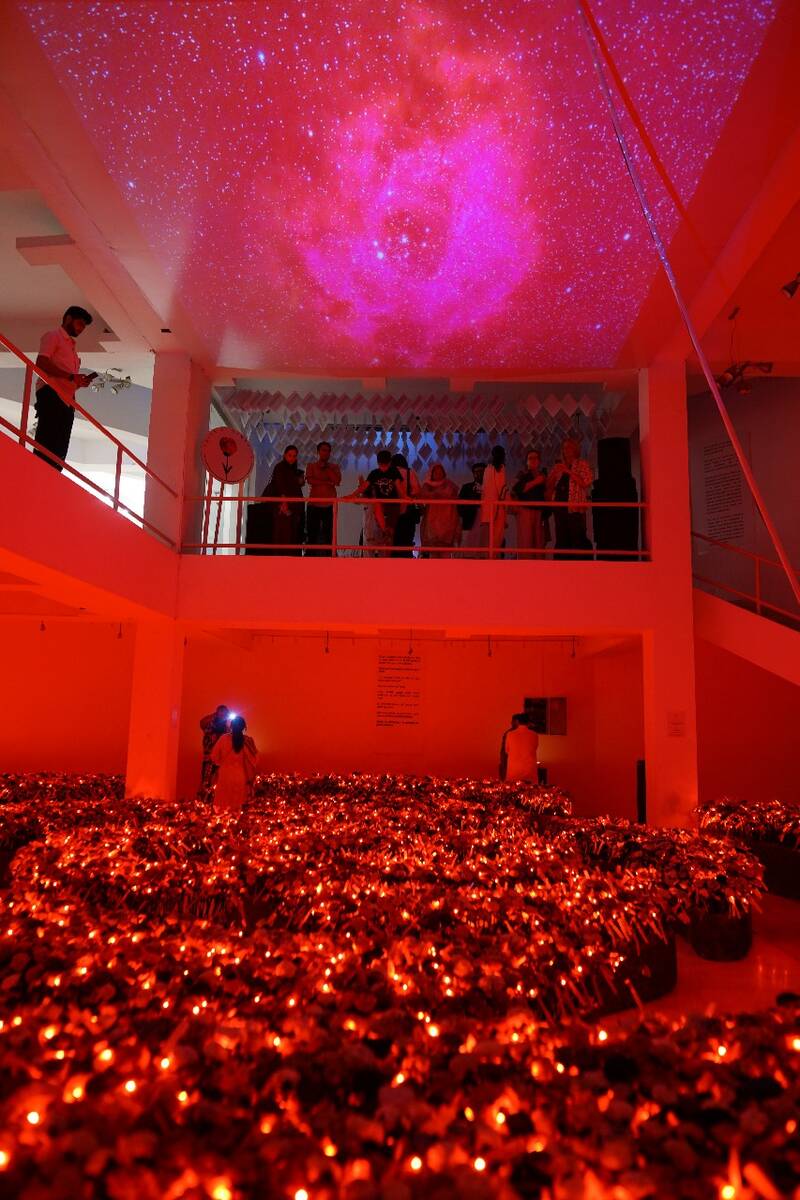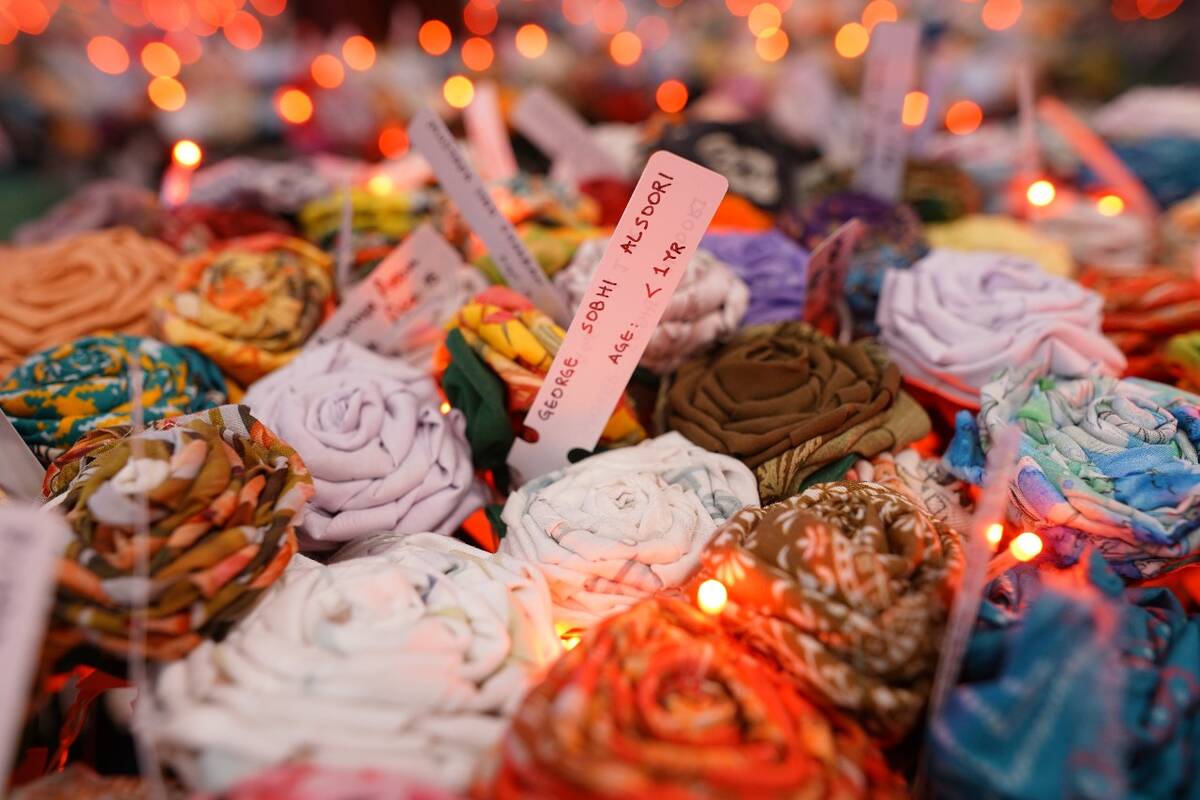Finding harmony between man and machine

https://arab.news/jwye4
In an era defined by rapid digital transformation, organizations around the globe face a pressing question: should they prioritize artificial intelligence or invest in the irreplaceable value of human expertise?
The conversation is no longer confined to tech conferences or boardrooms — it is unfolding across industries, reshaping strategies, job structures, and the very nature of value creation.
While AI offers remarkable advantages in speed, scalability, and data-driven precision, the human factor continues to provide emotional intelligence, adaptability, and the creative thinking essential for solving complex problems.
There is no denying the power of AI. Industries like finance, logistics, and e-commerce have embraced automation to streamline operations and reduce costs. Tech giants like Amazon rely on AI to enhance supply chain efficiency, optimize inventories, and personalize customer experiences.
AI systems can process vast datasets in seconds, reducing human error and supporting faster, evidence-based decisions. For companies focused on efficiency and scalability, these benefits are game-changing.
But technology alone is not a silver bullet. Many sectors — including healthcare, education, and oilfield services — still depend heavily on human expertise. In these industries, the ability to make nuanced decisions, demonstrate empathy, and build relationships remains paramount.
AI can generate insights, but it is experienced engineers and professionals who interpret the data and make the final call. That human judgment is still irreplaceable.
The divide between AI and human input often mirrors an organization’s strategic focus. Those prioritizing cost control and operational efficiency may adopt AI more aggressively. In contrast, companies that emphasize customer experience, innovation, or bespoke service are more likely to preserve — and elevate — the human element.
Take luxury hospitality, for example. While AI can manage bookings and automate follow-ups, the real value lies in personalized service delivered by trained staff who understand guest preferences and cultural nuances.
The future is not about choosing AI over humans or vice versa. It’s about building ecosystems where both coexist — enhancing productivity while keeping humanity at the heart of business.
Majdi Al-Sunbul
Corporate culture plays a pivotal role in determining how AI and humans integrate. Tech-forward companies see automation as a catalyst for growth, pushing the boundaries of speed and productivity. People-centric organizations, however, anchor their strategies in trust, emotional connection, and workforce empowerment.
Both approaches have merit — but experts argue the future belongs to those who combine the strengths of each.
Despite AI’s strengths, challenges remain. It lacks emotional intelligence, struggles with ethical reasoning, and can reflect biases embedded in its algorithms. Job displacement is another concern, prompting broader societal discussions about the future of work.
At the same time, fully human-driven models have limitations in terms of cost, consistency, and scalability. Humans are vulnerable to fatigue and circumstance, while AI systems can operate continuously at peak performance.
This has led many experts to advocate for a hybrid approach — one where AI and human capabilities complement each other.
In the most effective organizations, AI handles routine and data-heavy tasks, freeing people to focus on higher-value functions like innovation, leadership, and customer engagement. Employees are not replaced — they are empowered. AI becomes a tool, not a threat.
The future is not about choosing AI over humans or vice versa. It’s about building ecosystems where both coexist — enhancing productivity while keeping humanity at the heart of business.
As industries continue to evolve, the ability to strike a balance between efficiency and empathy will define tomorrow’s market leaders.
The most successful companies won’t be the ones that automate the fastest, but those that humanize innovation — ensuring that progress remains not just intelligent, but also deeply human.
• Majdi Al-Sunbul is an expert in strategic sourcing, procurement, contracts and local content.
































